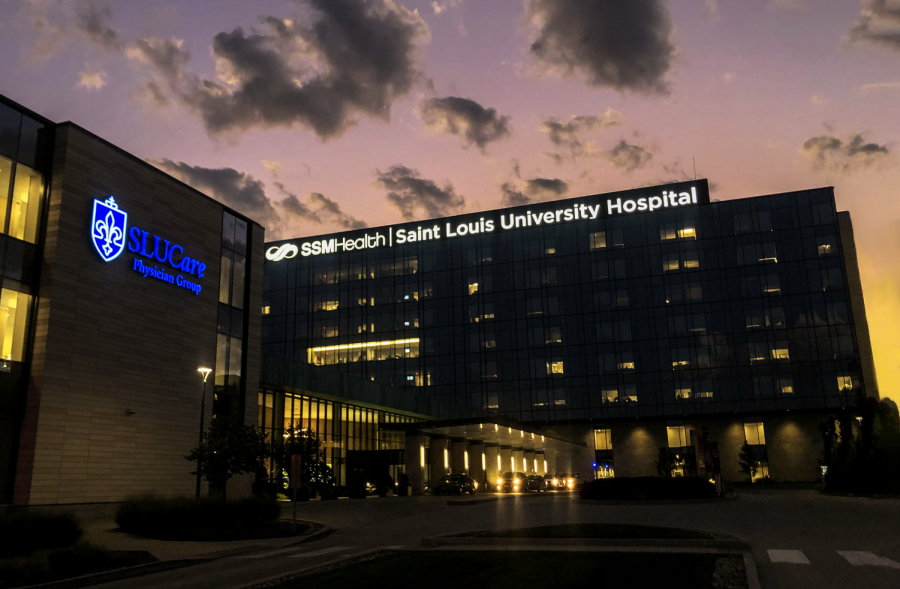Physicians Weigh in Four Months into SSM Health and SLUCare Physicians Group Merge
On July 5, SSM Health announced that it officially assumed ownership of SLUCare Physicians Group from Saint Louis University. This agreement is an effort to improve Saint Louis’s healthcare network by formally combining the medical expertise and practice of the two groups. SSM Health, SLUCare Physician Group, and Saint Louis University School of Medicine have partnered for decades to deliver top rated healthcare to the community. Now, through fully integrating, the two groups hope to provide the community with more functionality and accessibility to care.
Three months into the merge, the results continue to unfold. According to the announcement, patients will experience improved access to healthcare in terms of accessibility to “highly specialized procedures”, “clinical trials” and “life-saving treatments.” The integration also includes an investment in the medical school to “expand clinical research,” “medical training,” and “education” across all of Saint Louis.
“In this early stage, we have not seen obvious improved primary care access,” Dr. Christine Jacobs, Dean of SLU School of Medicine who has worked on the SLUCare and SSM Team, said.
Still, she said the historic partnership between the two organizations has left the citizens of Saint Louis hopeful for the future of their healthcare.
The relationship between the two groups extends back more than a century. In 1903 SSM Health’s founding congregation granted SLU School of Medicine students access to their hospital for education and training. After 30 years of a productive relationship (in which SLU’s School of Nursing was also established), SSM Health Saint Louis University Hospital was opened on South Grand Blvd in 1933.
From 1933 to 2015, the hospital was sold to a variety of organizations, Tenet Health Corporation being one of largest. In a turn of events, SSM Health once again acquired the hospital and renamed it SSM Health Saint Louis University Hospital.
However, a merge like this one was followed with some apprehension. Jacobs said that she was concerned that the existing faculty would not sign with SSM Health post-merge. Now, a few months later, she said she could not be happier for the future. As the physicians had to “make a conscious decision” to join SSM Health by re-signing their contract, she said, “SSM Health illustrated a strong endorsement to faculty.”
The integration of SLUCare into SSM Health has created one of the most comprehensive academic and community-based physician groups in the region, with over 1,200 providers.
“Collaboration is stronger than it has ever been. Referrals have increased in quantity and patients are excited to have higher levels of care,” Dr. Sameer Sidiqui, Chief of Surgery at SLU School of Medicine, said.
Dr. Fred P. Pestello, president of SLU, said in a statement on April 28, “This partnership will bolster our collective goal to improve the quality of life across generations and cultures while addressing the social determinants of health that prevent our neighbors from living life to the fullest.”
The healthcare disparities in Saint Louis are not unique to the city but are intensified by two primary factors: division between the city and county and significant racial segregation. The metropolitan area is the 6th most segregated area in the United States. An example of this is the Delmar Divide, wherein north of Delmar Boulevard’s population is 98% Black while the south is 70% white.
Sidiqui said the promise of this new agreement is a beacon of hope to mend some of these century-long issues.
“The wide-scale healthcare integration will not only bring citizens of Saint Louis together but put the city on the map as having one of the best healthcare systems in the country,” Sidiqui said.
Your donation will support the student journalists of Saint Louis University.




